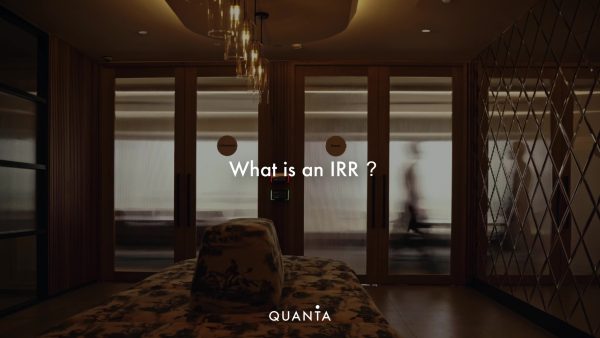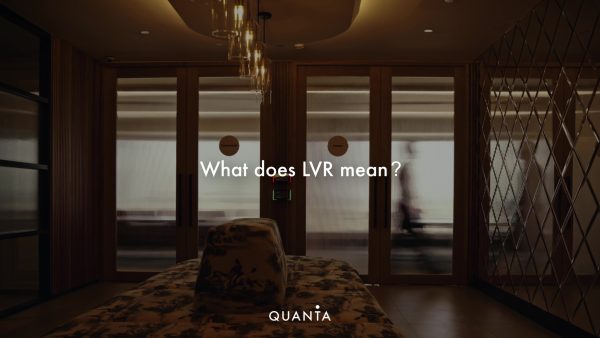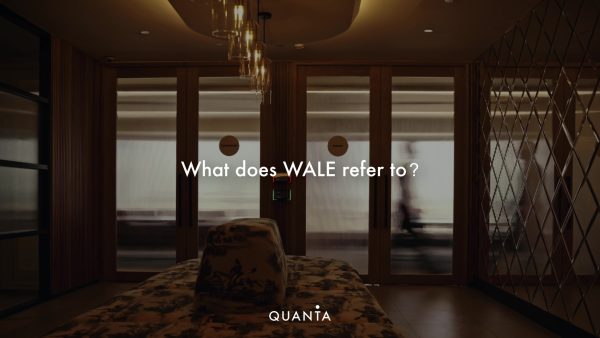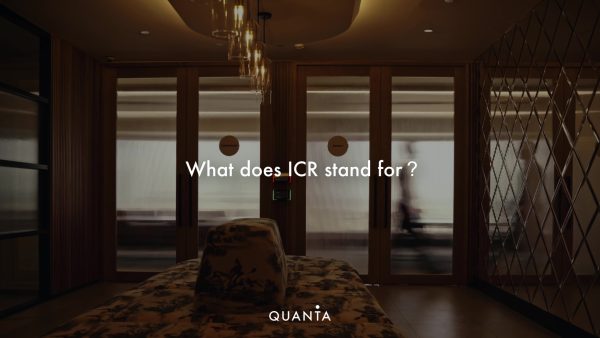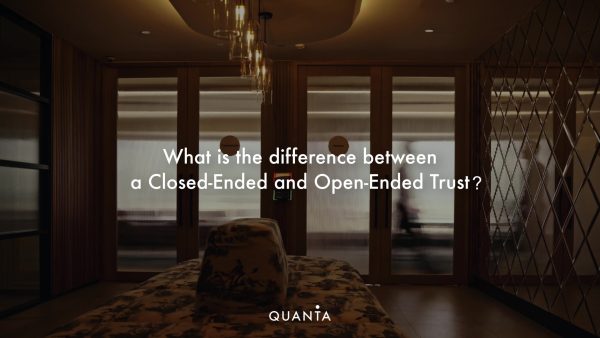Quanta investment opportunities are restricted to wholesale/sophisticated or professional investors.
ASIC defines a Wholesale Investor as (you must meet at least ONE of the following criteria):
(a) persons who have earned a gross income of at least $250,000 in each of the last two financial years (as confirmed by an accountant - 24 month validity); or
(b) persons who have net assets of at least $2.5 million (as confirmed by an accountant - 24 month validity); or
(c) persons who invest a minimum of $500,000.
OR
ASIC defines a Professional Investor as (you must meet at least ONE of the following criteria):
(a) financial services licensees; or
(b) trustees of a superannuation fund, approved deposit fund, pooled superannuation trust or public sector superannuation scheme within the meaning of the Superannuation Industry (Supervision) Act 1993 (Cth) and the fund, trust or scheme has net assets of at least $10 million; or
(c) a person who has or controls gross assets of at least $10 million; or
(d) listed entities and their related bodies corporate; or
(e) foreign entities that, if established or incorporated in Australia, would be covered by any of the above.
Investments at Quanta start from $50,000 (offer dependent).




